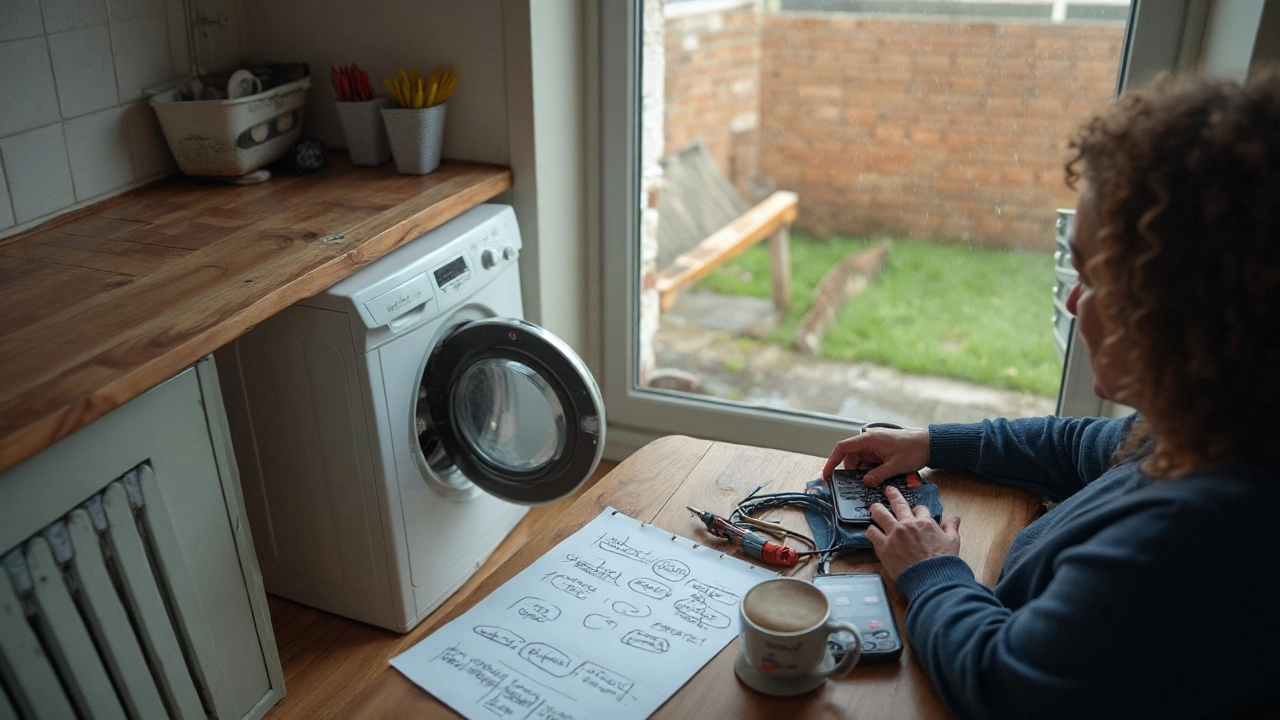Repair vs Replace Your Washer: What Glastonbury Homeowners Need to Know
Staring at a leaky, noisy, or barely‑spinning washing machine can feel like a nightmare. Before you rush out to buy a brand‑new unit, pause and weigh the real costs. A quick repair might get you back to clean clothes in days, while a replacement could save you headaches for years. Let’s break down the key factors that decide whether a fix or a fresh washer is the right call.
When Repair Makes Sense
If your washer is less than eight years old and the problem is something simple—like a broken door latch, a clogged pump, or a worn belt—repair is usually the cheapest route. Parts for common models are easy to find, and a qualified Glastonbury technician can usually finish the job within an hour or two. Even a faulty motor controller or a cracked hose often costs under £150 to fix.
Energy efficiency also matters. An older machine that still meets today’s standards (look for an A‑rating) will keep your electricity bills low. In those cases, you’re essentially paying for a short‑term fix that extends the life of a machine that’s already doing its job well.
Another plus: repairing avoids the hassle of removing the old unit, disposing of it properly, and finding space for a new one. If you’re renting or have a tight budget, a repair keeps the disruption to a minimum.
When Replacement Is the Smarter Move
When the washer is over ten years old, or you’re facing multiple recurring issues, replacement becomes more sensible. Older machines often have worn‑out drums, rusted tubs, or outdated electronics that can cost as much as a new unit to replace. If a single repair bill hits £300 or more, you’re basically paying for a new washer in disguise.
Newer models boast better water‑saving technology, faster spin speeds, and smarter sensors that protect your clothes. The upfront cost may be higher, but the long‑term savings on water, energy, and future repairs can quickly outweigh the price tag.
Also consider warranty and peace of mind. A fresh washer comes with a manufacturer’s guarantee, meaning you won’t be dialing a repair service for the next few years. If you value reliability—especially during busy weeks when you can’t afford a broken machine—going new is the safe bet.
At Glastonbury Appliance Repair Services we’ll give you an honest estimate and explain what each option means for your wallet and your schedule. Our technicians know the local market, so we can point you to models that fit typical Glastonbury homes without overspending.
Bottom line: Check the age, the cost of the fix, and the machine’s efficiency. If a repair is cheap, quick, and the washer isn’t ancient, fixing it is a win. If the repair costs approach a new price, or the machine is already showing its age, start browsing replacement options today.
Ready to decide? Give us a call, and we’ll inspect your washer, break down the numbers, and help you make the choice that saves both time and money.

What Age Is Old for a Washing Machine? Lifespan, Repair or Replace Guide (2025)
Wondering when a washer is "old"? See lifespan by type, repair vs replace math, costs, energy savings, checklists, and an Aussie-savvy decision guide for 2025.